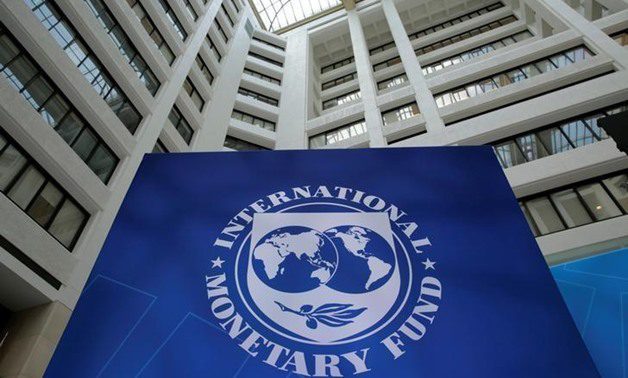Authorities in Bujumbura and IMF staff have discussed recent economic developments.
Burundi has recorded an economic recovery in 2021, which is expected to solidify in 2022. However, in the medium term, the East African country will continue to face the challenge of financing priority social protection, development, and anti-COVID-19 spending.
It is in this context that a team from the International Monetary Fund (IMF) led by Mame Astou Diouf, mission chief for Burundi, conducted a virtual mission from February 24 to March 16, 2022, to conduct discussions related to consultations under Article IV of the IMF’s Articles of Agreement.
“The Burundian authorities and IMF staff discussed recent economic developments, the medium-term outlook, and macroeconomic policies to address the COVID-19 pandemic as well as to maintain the stability of the Burundian economy,” Diouf said at the conclusion of the consultations.
For the IMF, Burundi’s current account deficit has widened in 2021 and is expected to increase further in 2022, due to higher oil prices boosted by the crisis in Europe. This deficit is, however, mitigated by an increase in exports supported by a recovery in the price of gold.
As for real GDP, the Bretton Woods institution pointed out that it rebounded by 2.4 percent in 2021, driven by a recovery in primary and tertiary sector activities that benefited from the easing of distancing measures and travel restrictions.
“In the medium term, growth is expected to accelerate as the effects of the COVID-19 pandemic fade and ongoing investment projects and reforms bear fruit. Economic growth could be stronger than projected given government initiatives, reforms to support economic resilience, and the possibility of higher-than-expected foreign financing,” Ms Diouf said.
She said inflation has risen to 8.3 percent in 2021 (from 7.5 percent in 2020) driven by higher food prices. It is expected to accelerate to 9.2 per cent in 2022, due to higher prices for commodities such as oil, a consequence of the crisis in Europe.
The budget deficit is projected at 4.6 per cent in 2021/22 (down from 7.9 per cent in 2020/21).
TE/lb/abj/APA


